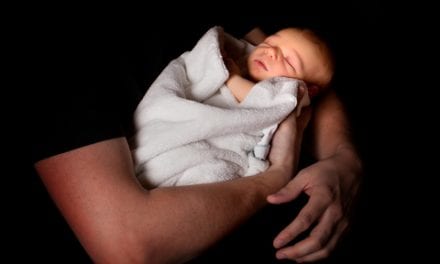Sleep restriction therapy (SRT) doesn’t interfere with a patient’s ability to drive, reports Flinders University’s blog.
While the restriction of sleep can induce excessive daytime sleepiness and reaction times, the trial found that the application of SRT according to recent guidelines (set down by the American Academy of Sleep Medicine in 2017) led to an average decrease in sleep duration of 32 minutes.
Importantly, the trial showed that no significant changes in sleepiness, reaction times or driving were found while insomnia patients underwent two weeks of SRT.
“It was interesting to find out that participants did not have impairments to their driving or reaction times when sleep was reduced by 32 minutes per night,” says paper co-author Hannah Whittall.


